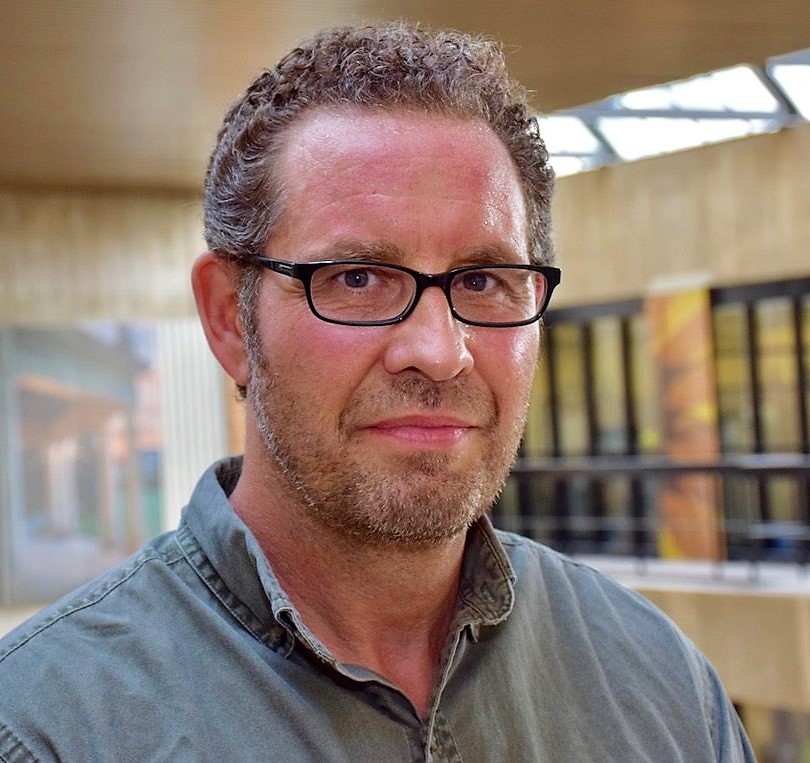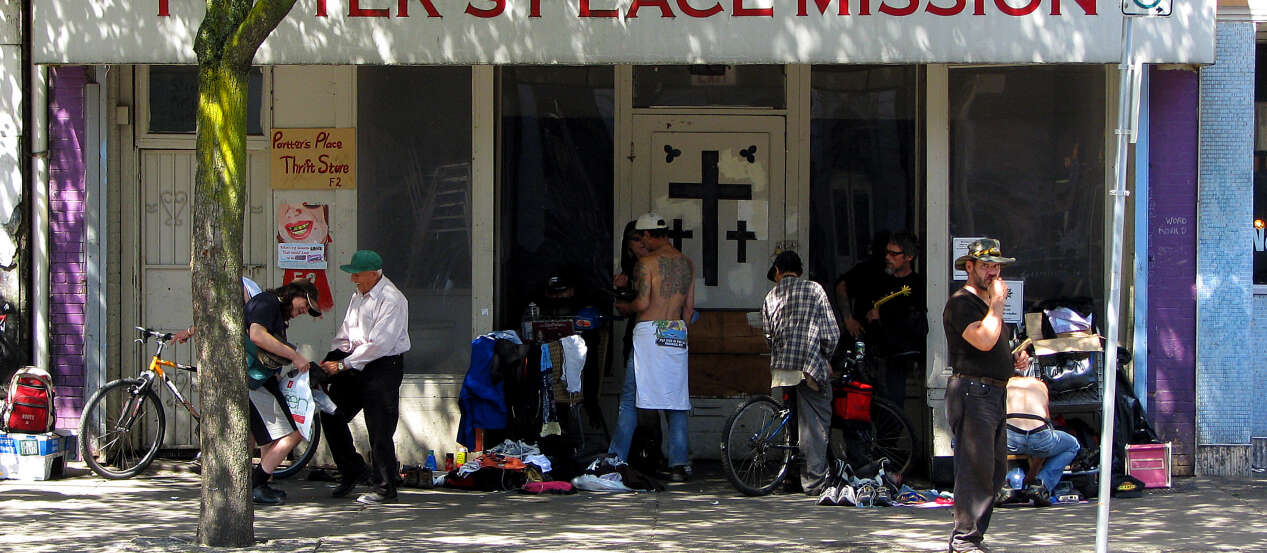As British Columbia’s drug decriminalization program begins, other jurisdictions will be watching closely, a University of Guelph drug policy researcher says.

Dr. Andy Hathaway is a professor in the Department of Sociology and Anthropology within the College of Social and Applied Human Sciences. He studies drug use in marginalized and mainstream populations and implications for social policy development.
To succeed, Hathaway says, B.C. should seek to emulate Portugal’s pragmatic approach to decriminalization that puts drug use in perspective. He cautioned against following the lead of the state of Oregon, where public health considerations have not kept pace with social justice concerns.
“Portugal has realized that, yes, sometimes people do take these drugs on an occasional basis for recreational purposes and that they don’t end up in the kinds of difficulties we tend to associate with addiction,” Hathaway told A Little More Conversation with Ben O’Hara-Byrne on Global News Radio.
Portugal now sends users to dissuasion commissions where they are assessed for disorders and can receive treatment, pay imposed fines or perform community service instead of being incarcerated.
“We need to take this out of the criminal justice lens,” added Hathaway. “For that to work, a more fully integrated public health and social justice approach to drug policy reform is necessary.”
Hathaway has previously discussed B.C.’s drug decriminalization program with media and Conversation Canada and is available for interviews.
Contact:
Dr. Andy Hathaway
hathawaa@uoguelph.ca
